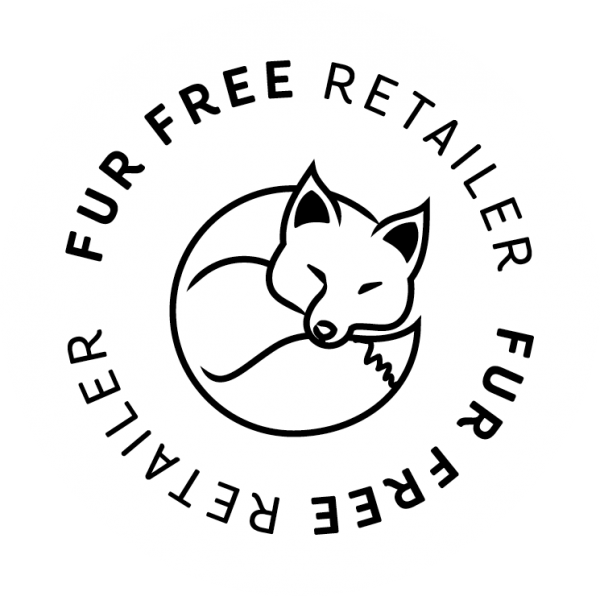To ensure that we continuously improve the energy efficiency of the whole company, GERRY WEBER introduced a systematic, company-wide energy and environmental management system in accordance with DIN EN ISO 50001 and ISO 14001 which has been officially certified by TÜV Rheinland through recurrent audits.
- Fast delivery
- Secure online shopping


